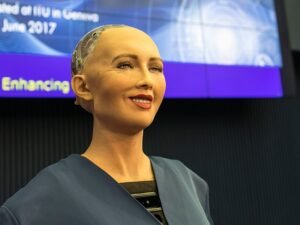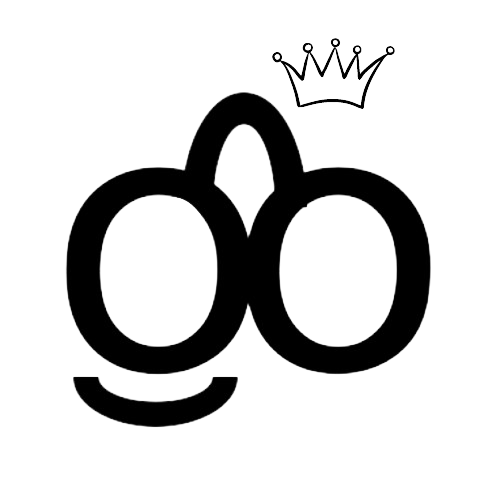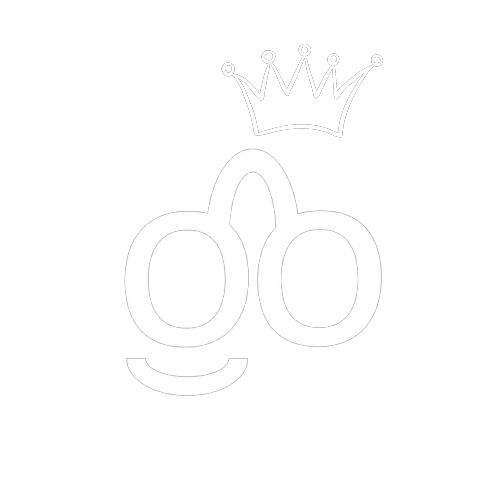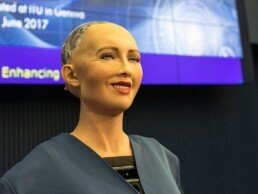The Rise of AI: are we in a fight for our future?
“By far the greatest danger of Artificial Intelligence is that people conclude too early that they understand it.”
― Eliezer Yudkowsky
The rise of AI and the fight for our future.
There's a new kid on the block. An elitist, hardly smiling loner we didn't really know much about until recently. A changer. A shapeshifter. A disruptor who cares little for the council of industrial 'elders' or the traditional waters of Status Quo. Unlike any character the ancients ever studied, he does what he wants, goes where he wants.
You see, from when man discovered how to make tents from bent iron, or how to make fire from cracked stones, we have come a long way. Today, there are million-dollar-a-piece drones, flying cars, self-driving bikes, gene-editing technologies, technological feats too amazing to believe.
But not all advancement is positive. As we continue to record major strides in the health sector, and we begin the countdown until Cancer is no longer a health threat, we must face our realities squarely.
Some believe that humanity's embrace of artificial intelligence is the action which eventually activates our extinction as a human race. Extremely intelligent systems trained to process exabytes of data in minutes don't have to do much to deactivate our defences, should they choose to. Some of the remarkable among the AI naysayers are the late esteemed astrophysicist Stephen Hawking and Elon Musk who have expressly cried out for the future threat AI poses.
But is there any merit to their fears?
A recent research project concluded by Google's DeepMind has revealed that as AI advances, it becomes more aggressive in its workings.
Here's what happened. DeepMind created a simple AI game called Gathering. The goal of the game was to gather apples. The AI agents were also armed with lasers to be used where necessary. With an abundance of apples, they cooperated. However, as the apples diminished, the AIs' attitude gradually changed. Subsequently, they began to attack each other.
Quite interestingly, the more advanced AIs were less interested in "bonding" and attacked others frequently, regardless of the state of the game's economy - abundance or scarcity.
What happens where there are indeed no apples to even compete for?
The more crucial question is: should the same scenario play out in real life, what will be the response of these AIs where their main competition is humans?
Is Elon Musk right after all?
Do humans have an exit plan? Should we enact laws that mandate a failsafe protocol should all the conspiracy theorists suddenly turn out right? Do we have measures in place to ensure companies comply with such protocol?
And if it is the Governments' responsibility to make laws regulating these strides, who checks the Governments as they secretly pursue their own agenda to dominate the world?
The rise of AI and the fight for our future is as crucial as any discourse we are having today about global warming and climate change.
Thoughts?
This post first appeared here on February 8, 2019.
You can also read some more of my writing here.
Robots may someday vote in elections.

Sophia the robot speaking at the AI for GOOD Global Summit, Geneva, Switzerland.
Robots may someday vote in our elections.
If you haven't heard of Sophia the robot, don't feel bad. You're not alone. Millions (maybe billions) of others haven't. Sophia is Hanson Robotics' most advanced project to date. An extremely advanced humanoid robot who tweets at @realsophiarobot on Twitter, she once bragged about surfing the web simply by thinking. Whenever you are having a bad day, just log in to Twitter, scroll to her profile, click on any of her tweets, and read the comments. Thank me later. If you're lucky enough to find any #AskSophia sessions, you've won a million bucks!
Here's how significant Sophia is. She is arguably the most intelligent robot ever designed. She has a sense of humour, carries on conversations in real-time, tweets and replies tweets. Giulio Di Sturco, a photographer once assigned to her said: "I had to step back and realize that she was a robot, not a human being."
Sophia has been featured on Jimmy Fallon's show (watch her singing here), has addressed the General Assembly of the United Nations, and has probably been to more countries than you have. Sorry.
But, as what? A world citizen? A machine?
On 25 October 2017, she received Saudi Arabian citizenship, making her the first robot globally to receive any such.
Her travel plans are unclear, so it's hard to tell if she has plans to come to Nigeria. But, assuming she does, and [resist a laugh] falls in love with a Nigerian, and [hold that laugh] they get married, could she become a Nigerian citizen by registration? Or could she even get "married" under Nigerian law?
Could she vote in elections?
Imagine Sophia in a wedding gown, and her "sister" (Little Sophia) running around a schoolyard.
The implications of a future shared with robot citizens are more than your adventurous brain can deal with.
Beyond elections, weddings and school plays, what bearing do the raging global arguments about feminism, abortion, gender rights, cross-country legislation have on Sophia and her artificial siblings?
Will robots someday vote in our elections? Will they someday contest for Presidency?
A lot remains to be seen.
Read some more of my writing here.



